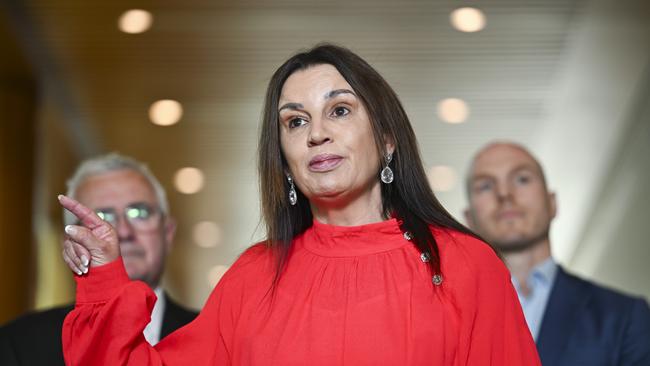
The Tasmanian senator has a bill in parliament to cap the salaries of new vice-chancellors below $430,000; the Treasurer makes $438,000.
But there is more than money involved in the senator’s suggestion, her bill includes parliament having ultimate power over VC pay.
As a declaration of distrust in university management this is hard to beat. But a new Senate inquiry into university management comes close, with terms of reference including “the impact of providers’ employment practices, executive remuneration, and the use of external consultants, on staff, students and the quality of higher education offered”.
Labor’s Tony Sheldon makes the case for the inquiry, “there’s no other job in Australia where you can be paid so exorbitantly while performing so badly, with seemingly no consequences or accountability for the impact on university staff and students”.
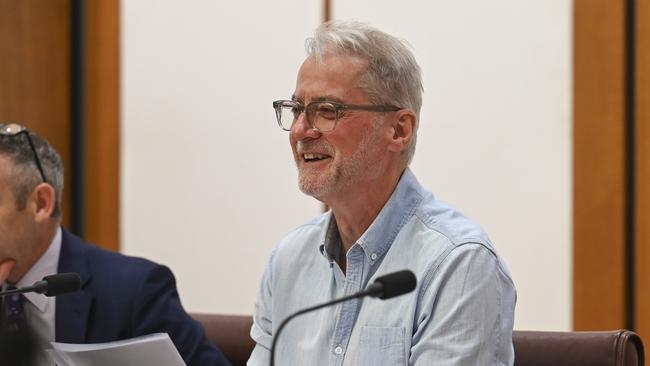
Lambie’s bill would mean lower pay than their predecessor for every new VC in the country, way lower pay for the top jobs at Group of Eight universities, grown rich on foreign student fees. Their present vice-chancellors generally make more than a million a year.
It’s not just the jumbo pay packets, it’s what critics say they represent. “The culture now, especially in the Group of Eight, is not that of public education in the national interest, but rather the institutionalised greed of investment banks and corporate law firms,” Lambie said in the Senate.
She pointed to the string of stuff-ups where administration errors led to universities underpaying staff and deplored what degrees now cost students. “It’s clear that the top university bureaucrats have blown away much of the social licence their institutions once enjoyed.”
There are other examples she could have added of university managements looking aloof to the wellbeing of staff and students. Education Minister Jason Clare has established a national student ombudsman to protect their rights and safety in matters where universities have not, notably in cases of sexual violence on campus. And last week a parliamentary inquiry on anti-Semitism reported that it “has been exacerbated by the reluctance of many university administrations to enforce meaningful consequences for misconduct, allowing a toxic environment to escalate”.
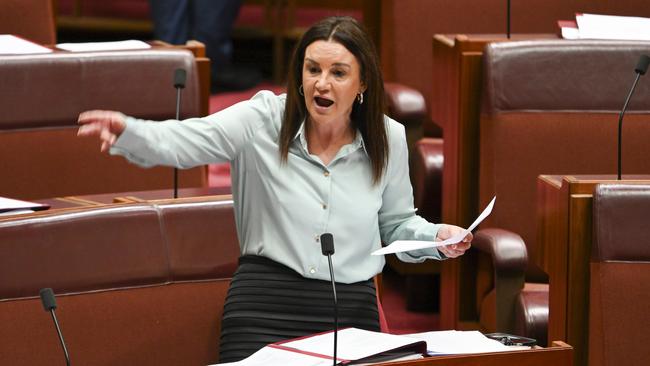
The Tertiary Education Quality Standards Agency has just felt it necessary to remind managements of what should not need stating, “their obligations to uphold student and staff safety”.
Vice-chancellors are not overburdened by accountability on these, or many other, performance measures compared to Chalmers, who runs a $1.8 trillion economy for unforgiving owners – who may well sack him at the next national board meeting.
In contrast, vice-chancellors fly under the performance radar – university ideas of key performance indicators are generic statements of the “increase kindness” kind and plans are always light-on for metrics that managers must meet. It happens but is rare indeed for a VC to be sacked for underperformance.
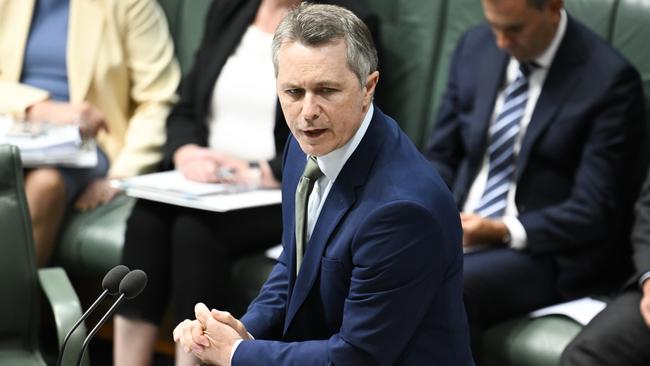
VCs don’t like talking about money but their friends say they run complex organisations turning over hundreds of millions to billions of dollars a year and are in a competitive market for people.
A long-term observer of VC pay points out that university governing bodies long ago created a problem by paying new vice-chancellors top dollar from the start, instead of establishing a scale and awarding increases according to performance.
Plus, while there are plenty of people who can administer universities, not many can change them when they need changing.
A talent scout in the sector nominates former Melbourne University vice-chancellor Glyn Davies (now head of the Department of Prime Minster and Cabinet) and Queensland University vice-chancellor Deborah Terry as examples of how a hard job is done well.
It’s a case worth making but, on the other hand, Australian universities can’t be that much harder to run than others in the Anglosphere.
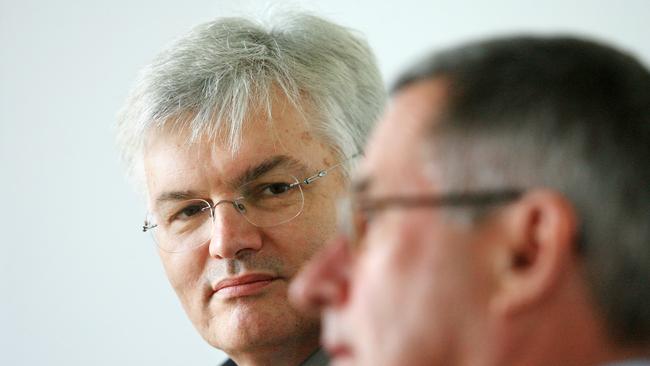
There are presidents of top US research universities who make a lot less (ex the exchange rate) than leaders of academically way more modest Australian institutions.
But money is now a metaphor for community trust and Lambie seems to sense that universities in general have lost it. It’s why her bill includes giving parliament authority over VC pay. She proposes allowing a minister the power to pay people more than the Treasurer but only subject to parliamentary approval.
This is not authority any minister of education who does not want to be accused of increasing the income of the well-paid would ever want, which may be why Clare has created a new advisory body on university governance, with a brief including “ensuring rigorous and transparent processes for developing remuneration policies and settings for senior university staff”.
This might turn out to be enough to keep Clare out of trouble, but it’s no help for universities now. Lambie’s bill has been sent to a Senate committee, which will take submissions and ask to hear evidence, probably including from vice-chancellors. “I look forward to seeing some of those fat cats squirm as they try to justify the unjustifiable,” she says.
The best thing university leaders can hope for is that the election is called and the committee does not continue. But assumptions that universities serve management, not community, interest is now politically in place – the chorus line of complaints is set to kick-on.




What’s a fair thing to be paid to run a university? Jacqui Lambie reckons it is less than what Jim Chalmers is paid to run the Australian economy.